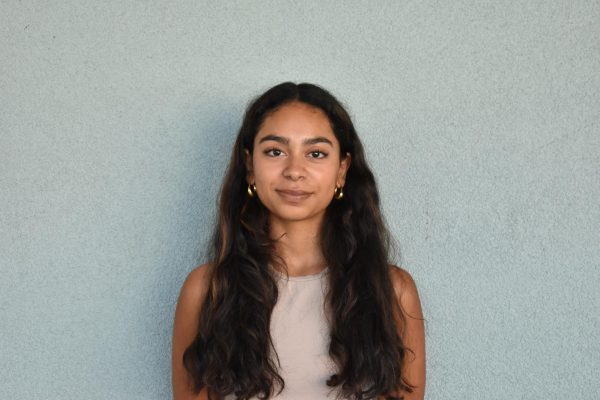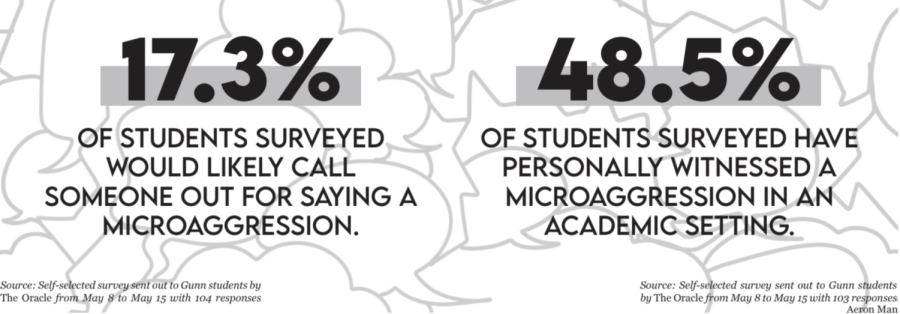Speaking out against microaggressions is essential to prevent alienation, improve school environment
In SELF, students learn about microaggressions and ways to identify and speak out against them. Despite the efforts of the curriculum, however, they continue to go unaddressed on campus. Microaggressions are dangerous to marginalized communities, as they normalize stereotypes, deem them as “outsiders” and obstruct academic and social participation. It is essential to notice and call out these microaggressions in order to build a more compassionate community.
Granted, it can be challenging to identify microaggressions, especially since some of these subtle acts of exclusion have become ingrained in our society and culture. According to Webster’s New World College Dictionary, a microaggression is “any action or statement regarded as an instance of subtle, often unconscious, prejudice and hence resulting in discrimination against a member of an oppressed group.” Often, microaggressions are stereotypes that people use to demean others. This dynamic is harmful, as it projects a false identity onto others, undermining their true identity. By confirming stereotypes, microaggressions create or reinforce false narratives around different ethnicities and practices.
Microaggressions can follow people to the classroom, impeding their learning. A study from St. Olaf College that looked at the academic repercussions of microaggressions reported that, from the 718 responses it collected, 86.5% of students identified as victims of microaggressions in the classroom. For 65.4% of students, these microaggressions negatively impacted their academics. Microaggressions create a toxic environment, and the high percentage of students who reported adverse effects illustrates their pervasiveness.
Students need a healthy school environment to feel welcome and be successful. Microaggressions are a roadblock to that success, since students are less likely to thrive in unsafe emotional environments. Therefore, it is important to speak out and stop microaggressions. Standing up either directly when an event occurs or after with a trusted adult can alleviate these feelings of discomfort and worthlessness. This choice leads to a more welcoming environment, promoting student health and belonging.
Your donation will support the student journalists of Henry M. Gunn High School. Your contribution will allow us to purchase equipment and cover our annual website hosting costs.

Senior Lise Desveaux is a centerfold editor for The Oracle and has been on staff since January 2021. Outside of school, she enjoys listening to Taylor...




